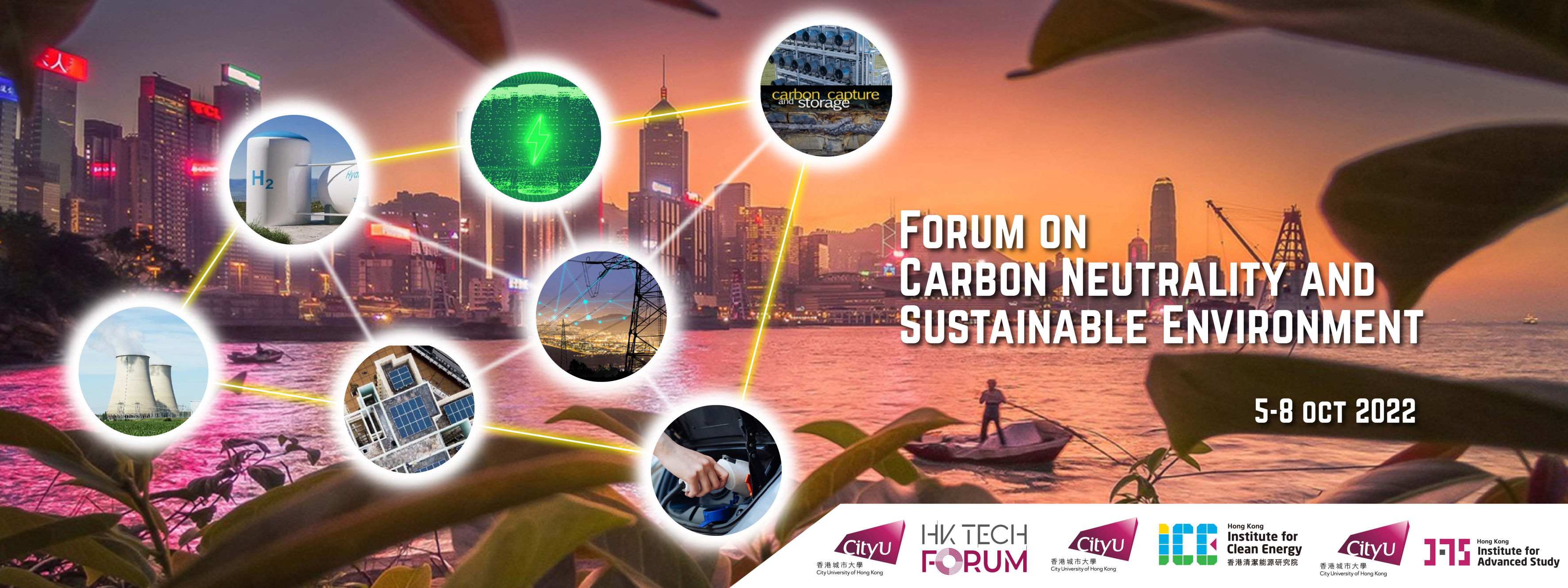Invited Speaker
Biography
Michael Leung started his academic career as a Lecturer in the Department of Manufacturing Engineering and Engineering Management at the City University of Hong Kong (CityU) in 2000. In 2002, he joined the Department of Mechanical Engineering at The University of Hong Kong as a Research Assistant Professor and later became an Assistant Professor. In 2010, he joined the School of Energy and Environment (SEE) at CityU as an Associate Professor. In 2015, he became a Professor. He served as an Associate Dean in SEE in 2012-2018.
Prof. Leung is elected to be the Representative (China) in the International Solar Energy Society (ISES)/Board of Directors 2022-23. Prof. Leung is also a Registered Professional Engineer, Chartered Engineer, Fellow Member of HKIE, Past Chairman of HKIE Education and Examinations Committee, Past Chairman of the Energy Institute (Hong Kong Branch) and Editor of Applied Energy and HKIE Transactions.
Prof. Leung's main research interests include solar photocatalysis, fuel cell, hydrogen power, advanced refrigeration/air-conditioning and carbon management. His research is well recognized as he is listed among the top 2% of the world’s most highly cited scientists published by Stanford University. He is also listed in Highly Cited Researchers 2018 by Clarivate Analytics (https://hcr.clarivate.com/) that recognizes world-class researchers selected for their exceptional research performance. He is also listed in The Most Cited Researchers in Energy Science and Engineering, Developed for ShanghaiRanking's Global Ranking of Academic Subjects by Elsevier (https://www.shanghairanking.com). Prof. Leung has totally received HK$40M+ research funding as a PI from ITF, RGC, NSFC, ECF, SDF, industrial sponsorships, university internal grants, donations, etc. He has published 200+ journal papers, 80+ conference papers, 18 books/book chapters, and 10 patents.
Maximizing Energy Efficiency by Turning Low-Temperature Waste Heat into Clean Electricity Supply
Michael K.H. Leung *, Edwin Chi-Yan Tso, Wei Wu
Keywords: Waste heat recovery, modified organic Rankine cycle, nanostructured biphilic surfaces, desuperheating, subcooling
Abstract
Carbon neutrality is recognized as an urgent global issue. The International Energy Agency (IEA) has reported that increasing the end-use energy efficiency is the best strategy to reduce carbon emission. Many countries and cities have set challenging targets for energy saving as it represents one of the most significant contributions to achieve net zero.
Among various energy consumers, the thermal energy consumers, such as air-conditioning, space heating, hot water, dehumidification, etc. play the dominating role. All of the above commonly reject large amount of low-temperature waste heat (< 80 oC) during normal operation. The waste heat can be directly used for preheating water. However, our hot water demand is relatively a lot lower than the waste heat available. Therefore, we have developed modified organic Rankine cycle (ORC) to convert the low-temperature waste heat into electricity supply. The innovative system design involves the integration among vapor compression refrigeration cycle, heat pump and Rankine power cycle into a single multi-functional thermodynamic cycle. Nanostructured biphilic surfaces designed for coalescence-induced jumping droplets are employed to enhance the heat exchangers. The system is controlled to operate at the optimal condition for maximum energy efficiency.

References
[1] Z. Zheng, J. Cao, W. Wu, M.K.H. Leung, 2022, Parallel and in-series arrangements of zeotropic dual-pressure Organic Rankine Cycle (ORC) for low-grade waste heat recovery, Energy Reports 8, p. 2630-2645.
[2] Z. Zheng, X. Hong, W. Wu, Y. Feng, M.K.H. Leung, 2022, Exploring low-grade heat in exhaust gases with moisture via power generation cycles, Journal of Cleaner Production, Vol. 357, 131892.
[3] Yihao Zhu, C.Y. Tso, Tsz Chung Ho, Michael K.H. Leung, Shuhuai Yao, 2021, Coalescence-induced jumping droplets on nanostructured biphilic surfaces with contact electrification effects, ACS Applied Materials & Interfaces 13, 9.
[4] J. Cao, X. Hong, Z., Zheng, M. Asim, M. Hu, Q. Wang, G. Pei, M.K.H. Leung, 2020, Performance characteristics of variable conductance loop thermosyphon for energy-efficient building thermal control, Applied Energy 275, 12, 115337.

